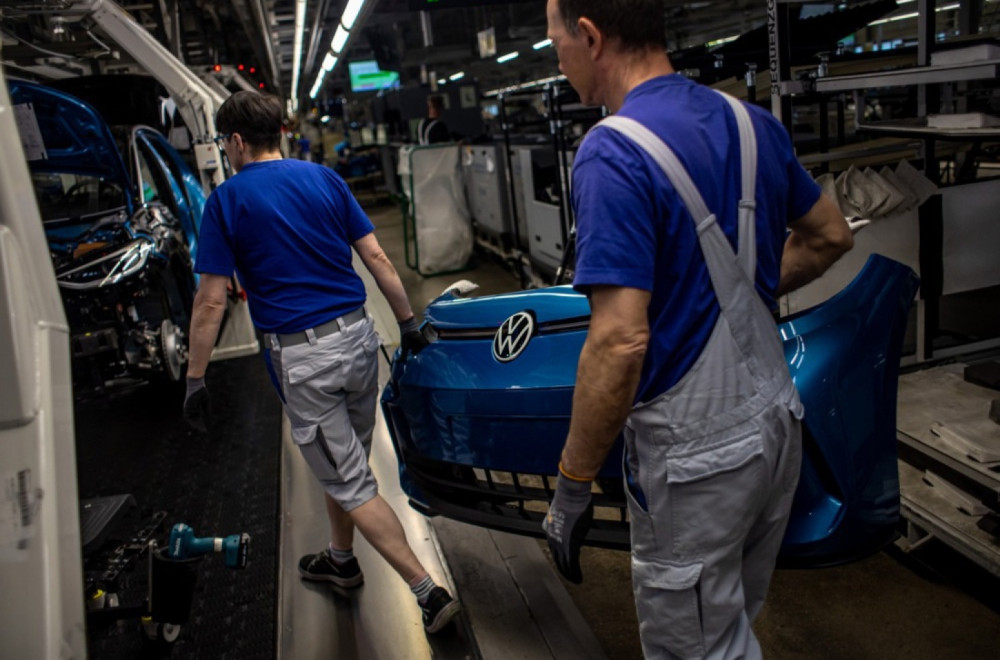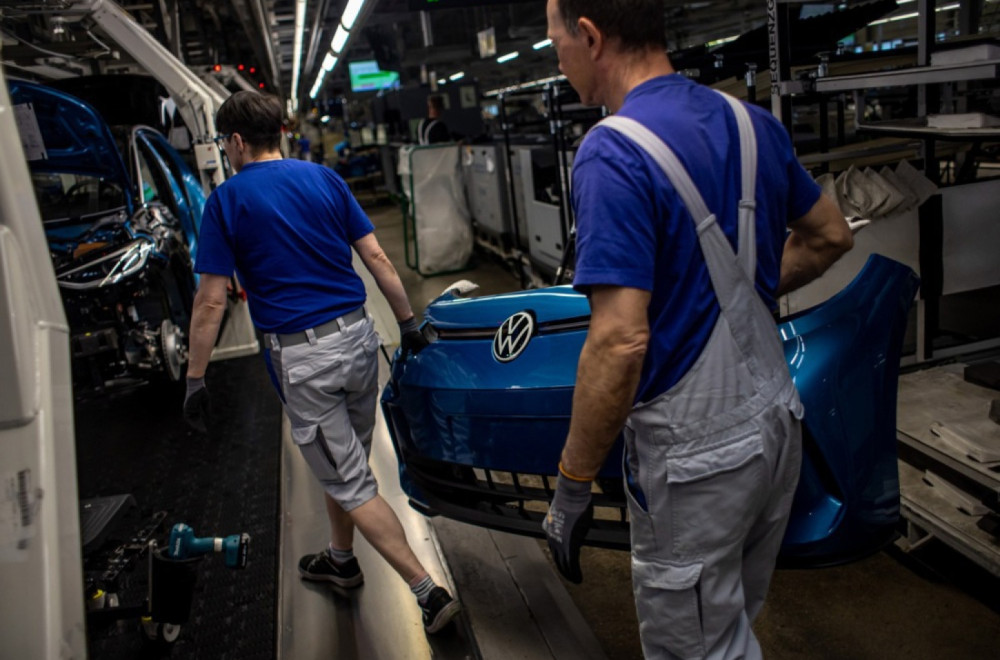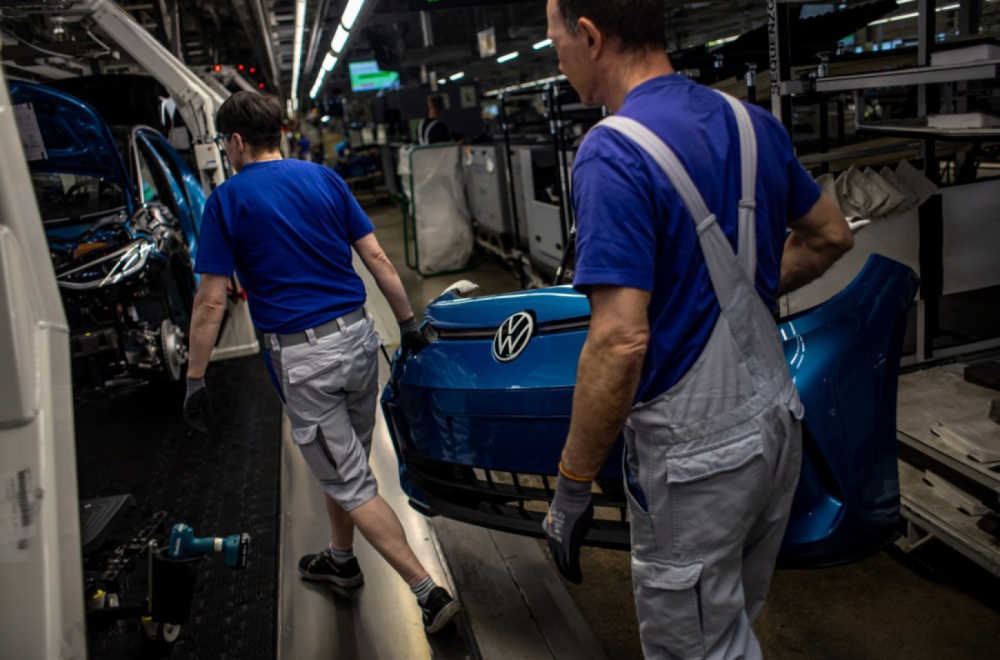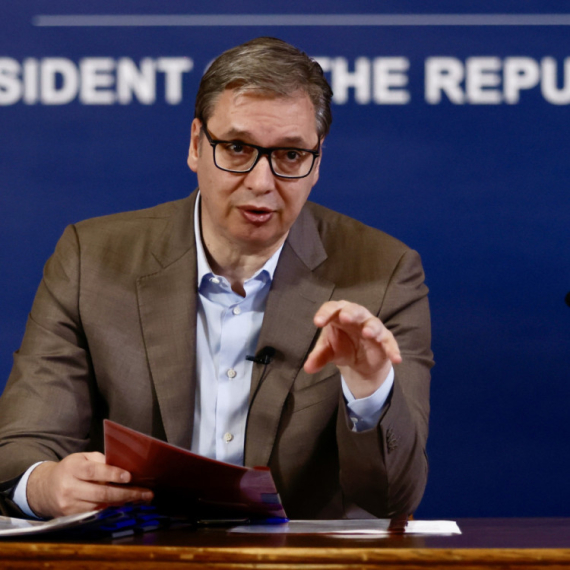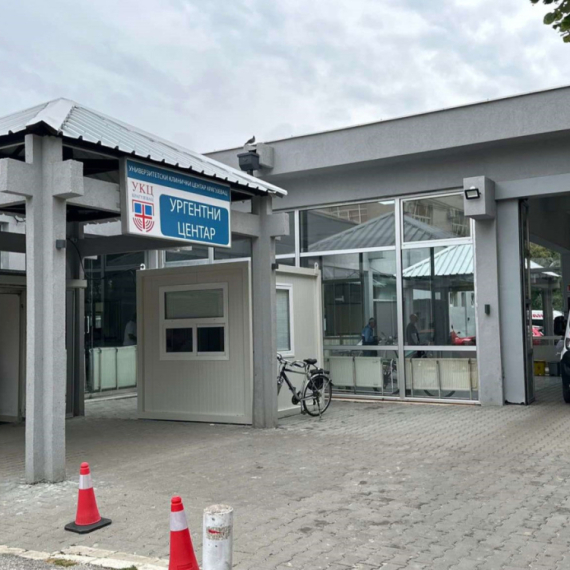German car manufacturer Volkswagen has announced a cost-cutting plan that includes eliminating a total of 35,000 jobs by the end of the decade, primarily in German plants. So far, 20,000 employees have agreed to voluntary departure, mostly through early retirement programs. Severance payments depend on length of service and can reach significant amounts. The IG Metal union believes this strategy has prevented factory closures, but it remains uncertain whether promises can be kept due to the long-term crisis in the German auto industry. The cost-cutting plan aims to reduce costs by 1.5 billion euros annually, with additional measures including reducing the annual number of training positions and redirecting part of wages into funds for flexible work models.
Political Perspectives:
Left: Left-leaning reports emphasize the impact of Volkswagen’s cost-cutting on workers, focusing on the social consequences such as job losses and the pressure on employees to accept early retirement. They highlight the role of unions in negotiating severance and protecting jobs, while expressing skepticism about the long-term sustainability of the company’s promises amid the auto industry’s crisis.
Center: Center-leaning coverage presents a balanced view, outlining Volkswagen’s financial challenges and the necessity of cost-cutting measures to remain competitive. It reports on the voluntary departure agreements and the company’s plans to reduce costs, while noting the uncertainty about the future of the German auto industry. The role of unions and management cooperation is also mentioned.
Right: Right-leaning narratives focus on the business rationale behind Volkswagen’s cost-cutting, emphasizing efficiency, competitiveness, and the need to adapt to market conditions. They highlight the voluntary nature of the departures and the company’s efforts to avoid factory closures. The crisis in the auto industry is framed as a challenge that requires tough decisions, with less emphasis on the social impact.





